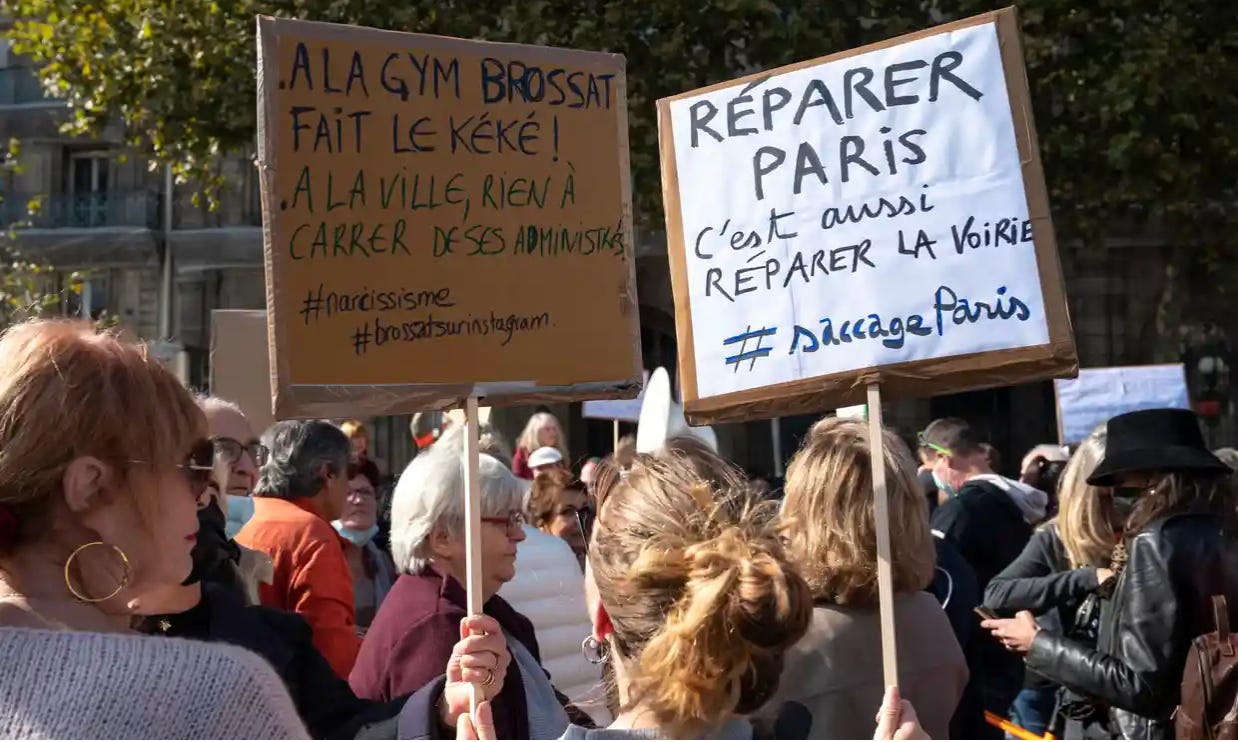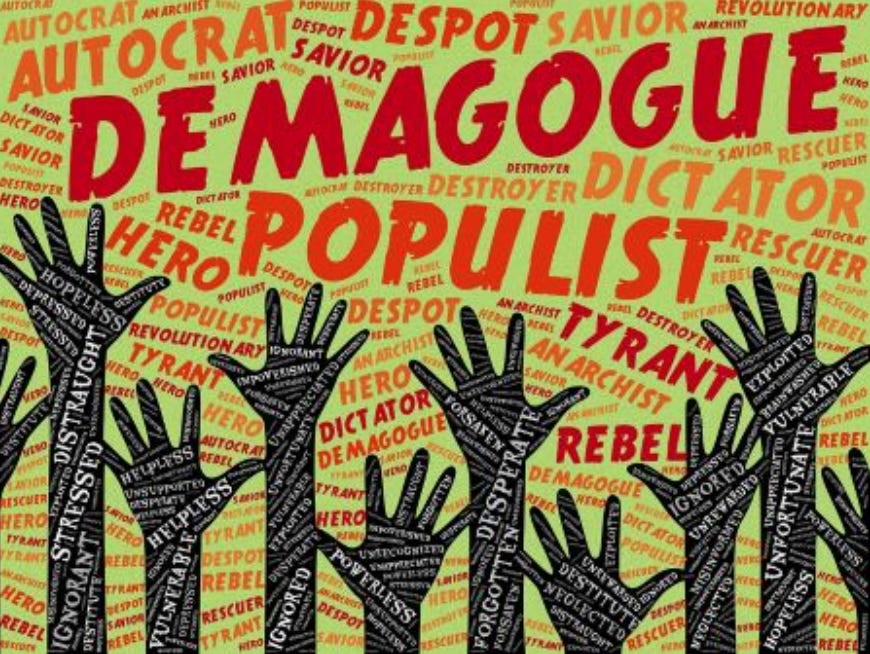Deliberation, Democracy, Demagoguery
Effective deliberation, which is a communication process of democratic participation, persuasion, and active listening where public opinion is formed, relies on an agreed-upon set of facts. In other words, for democracy to function well, we need to have a baseline of verifiable knowledge from where we can deliberate. But what happens when this does not exist? Disinformation campaigns and the spread of misinformation are important parts of this phenomenon, enabled by social media channels and algorithms.
Consider these two news stories from last week: one tells of a conspiracy theory at a butterfly center in Texas, while the other describes hashtag activism in Paris, critical of its mayor. Do you see any similarities? These are very different stories about very different parts of the world. But what they share is a popular suspicion of institutions, such as government and journalism, but also distrust of elites.
The pandemic has been characterized by a crisis of information and knowledge. Listen to this fascinating interview with David Leonhardt, the editor of the “The Morning” newsletter for the New York Times. I highly recommend a subscription. How could it be that respondents to the poll can hold opinions
____________________
It is worth understanding demagoguery a little better when it comes to how deliberation is shaped by ideology. Listen to this Lawfare interview with Eric Posner, author of The Demagogue’s Playbook. This kind of phenomenon appears all around the world. Why do you think this is the case? What does it mean for deliberation?






